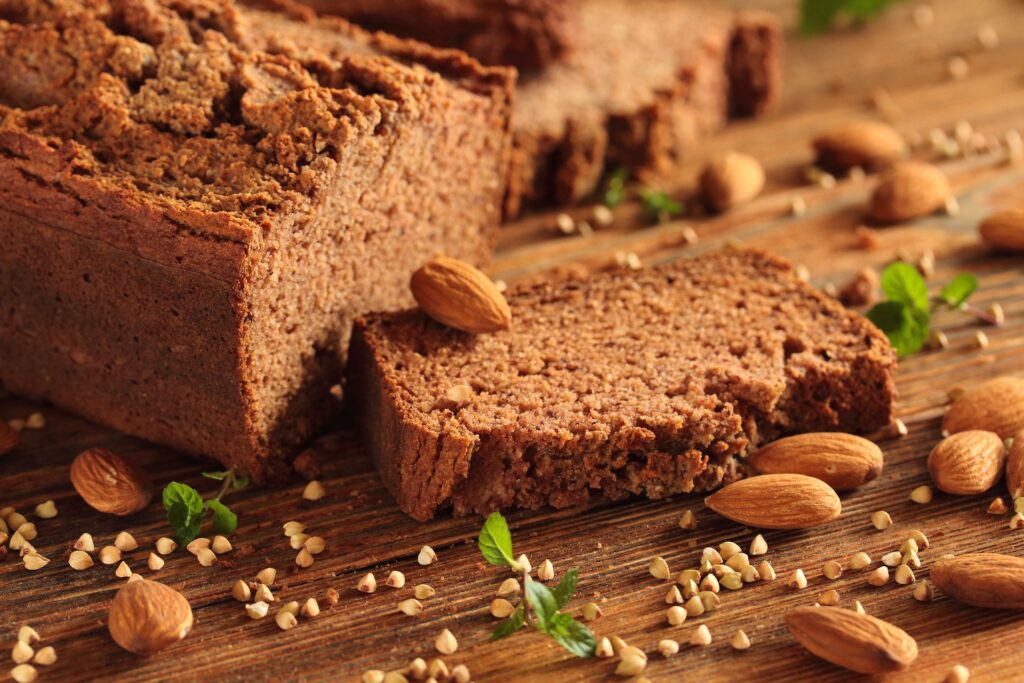Gluten-free diets are becoming increasingly common, particularly due to the rising awareness surrounding gluten intolerance.
Gluten refers to a number of proteins naturally present in grains such as wheat, barley and rye. There is nothing inherently unhealthy about gluten, but it should be avoided by people with some medical conditions, or wheat allergy, as it can cause severe adverse reactions.
Dr Ishi Khosla, Clinical Nutritionist and Founder-President of Celiac Society of India shares, talks about what you need to know about gluten-free diet.
What Is Gluten?
Gluten is a family of storage proteins—formally known as prolamins—which are naturally present in certain cereal grains, such as wheat, barley, and rye.
Many different prolamins come under the gluten umbrella, but they can be further categorized on the basis of the particular grains in which they are contained.
Gluten provides a range of practical culinary advantages and is responsible for the smooth, chewy texture that is typical of many grain-based foods containing gluten.
Gluten-free diets are more common than ever, but for the majority of the population, gluten does not pose a health risk. That said, to prevent negative, adverse reactions, people with celiac disease can not tolerate gluten and must remove it from their diets.
Foods that contain gluten
Wide and most bakery items including cakes, pies, candy, cereals, wafers, cookies, crackers, bulgar wheat, fried foods, gravel, barley, malt products, meats, pastries, pancakes, chips & sauces, including soy, and beer.
Impact of Gluten On Body
Gluten has no harmful impact on most people. For example, people with the highest consumption of whole grains, including wheat (two-three servings per day) compared to people who consume the lowest intake (less than two servings per day) were found to have substantially lower rates of heart disease and stroke, developing type 2 diabetes, and dying from all causes.
YOU MAY LIKE TO READ: Ishi Khosla, Clinical Nutritionist, Founder President, Celiac Society of India, speaks on Obesity in Young Children
What’s not nice about gluten is that it can cause certain people to have severe side effects. Some people respond to gluten differently, where the body detects it as a toxin that overreacts and assaults the immune cells.
Who should avoid gluten?
There is a “section of people” who cannot tolerate gluten and that can cause complications for people with some health conditions. Celiac disease, gluten sensitivity, wheat allergy and some other diseases are very common.
People with celiac disease, autoimmune disorder, can experience symptoms such as weakness, stomach pain, bloating, vomiting, nutritional deficiencies, diarrhea, constipation and weight loss. In people with celiac disease, the intestine cannot adequately absorb nutrients into the bloodstream, leading to anaemia, delayed development, and weight loss, among other things.
Should Everyone Go for Gluten-free diet?
It is recommended only if you are diagnosed with celiac disease. If you go on a diet that is gluten-free, it’s important to remember that this can lead to extreme nutritional deficiencies.
The small intestine loses its ability to consume essential nutrients, such as calcium and iron, because gluten causes the immune system to attack the small intestine. If a person is diagnosed with celiac disease, a strict, gluten-free diet must be followed as a cure.
This helps the small intestine to regenerate so that it can better absorb nutrients and reduce the risk of associated issues. The gluten-free diet encourages digestive health, improves energy levels and increases the level of cholesterol.

